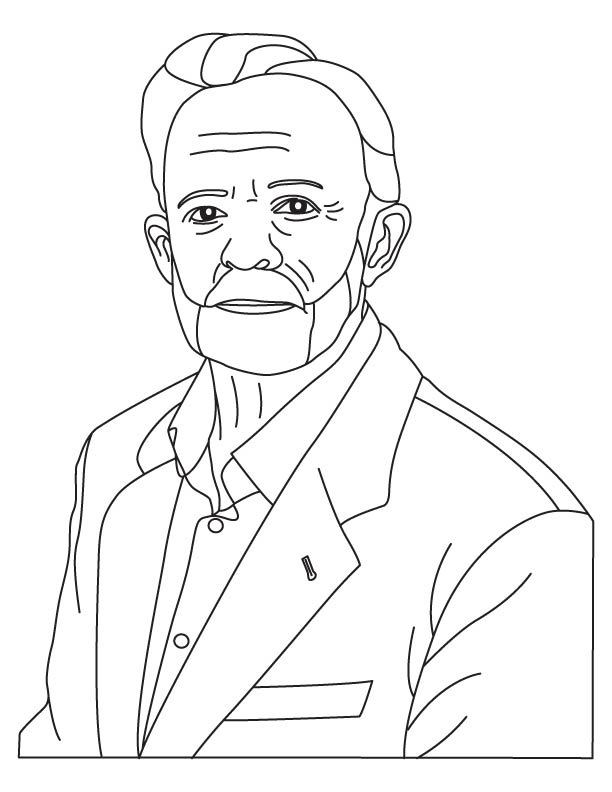Coloring Pages
- Activities Coloring Pages
- Animals and their Homes Coloring Pages
- Animals Coloring Pages
- Baby Animals Coloring Pages
- Cartoons Characters Coloring Pages
- Clothing Coloring Pages
- Coloring Pages for Teens
- Commonwealth Games Coloring Pages & Posters
- Connect the Dots Numbers
- Construction Vehicles and Tools Coloring Pages
- Culture and Tradition Coloring Pages
- Domestic/Farm Animals Coloring Pages
- Educational & Preschool Coloring Pages
- Fantasy, Medieval and Fairy Tales Coloring Pages
- Festivals Around the World Coloring Pages
- Flags of the Nations Coloring Pages
- Flower Coloring Pages
- Food and Agriculture Coloring Pages
- Health and Fitness Coloring Pages
- Holidays & Celebrations Coloring Pages
- House, Building and Home Coloring Pages
- Jungle Coloring Pages
- Maths Worksheets
- Music Coloring Pages
- Nature & Landscapes Coloring Pages
- Parts of Body Coloring Pages
- People, Occupations & Professions Coloring Pages
- Religious Coloring Pages
- Road Sign, Safety, Good Manner, Habit Coloring Pages
- Seasons, Calendar, Time & Money Coloring Pages
- Silhouettes
- Space & Exploration Coloring Pages
- Sports & Recreation Coloring Pages
- Stories, Tales and Classics Characters Coloring Pages
- Toys Coloring Pages
- Trophies, Medals and Awards Coloring Pages
- Vehicles & Transportation Coloring Pages
- World Famous Great Inventions
- World Famous Great Scientist and Inventors
Thomas Hunt Morgan coloring pages


Thomas Hunt Morgan was an evolutionary biologist, geneticist, embryologist and science author. He was born on 25 September, 1866, at Lexington, Kentucky, U.S.A. Since childhood he had shown an immense interest in natural history. In 1890, he completed his Ph.D. from Johns Hopkins University and researched embryology during his term at Bryn Mawr. Morgan left an important legacy in genetics. His discoveries formed the basis of the modern science of genetics. Morgan spent 24 years of period at Columbia University, where his attention was drawn towards the actions of cytology on the broader aspects of biological interpretation. He was perhaps most renowned for his 'fly lab'. Morgan wrote 22 books and 370 scientific papers during his eminent career. He was awarded the Nobel Prize in 1933 for the discovery of the role played by chromosomes in heredity. He died on 4 December, 1945.




 Print this page
Print this page














































































































































